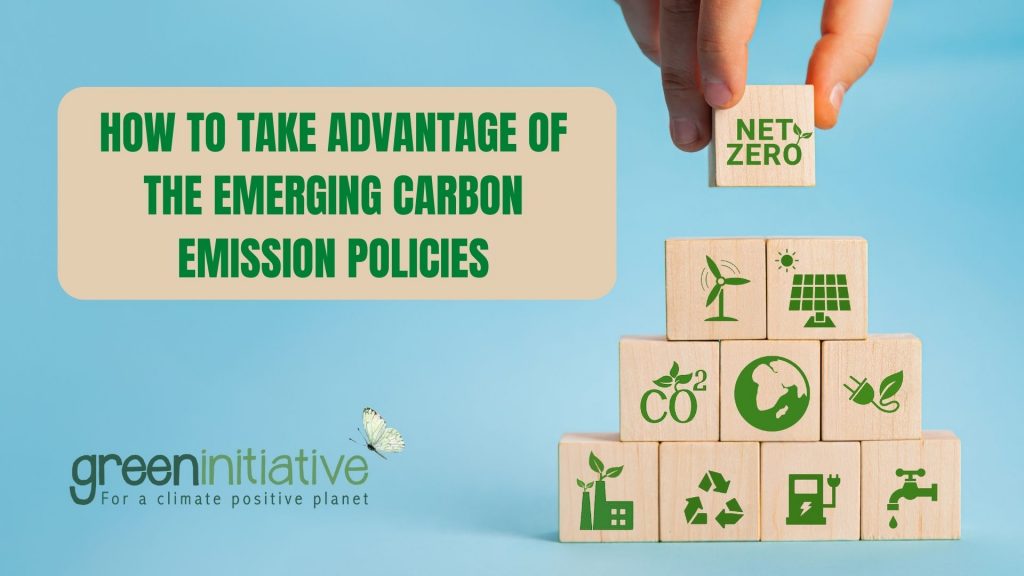How to take advantage of the emerging carbon emission policies
What are carbon sanctions/rewards
As the world becomes increasingly aware of the negative impact of carbon emissions on the environment, governments and corporations alike are facing mounting pressure to take action to reduce their carbon footprints. One way this has begun to be addressed is through the implementation of sanctions and rewards for carbon emissions.
Sanctions for carbon emissions involve penalties for companies or countries that exceed a certain threshold of carbon emissions. These penalties could take the form of fines or restrictions on activities, and would serve as a disincentive for businesses and nations to continue emitting high levels of carbon.
On the other hand, bonuses for carbon emissions would offer rewards for companies or nations that make significant strides in reducing their carbon emissions. Thus, reducing the financial burden of investing in novel, green technologies that often require an elevated initial investment.
The importance of carbon sanction/rewards in the upcoming years
Several governments have already implemented such policies. For example, the European Union’s Emissions Trading System (ETS) imposes a cap on carbon emissions from power plants, factories, and other industrial sectors.
Companies are required to purchase permits to emit carbon, and those that exceed their allotted emissions must purchase additional permits or face fines. Conversely, companies that emit less than their allotted amount can sell their excess permits for a profit.
Similarly, China’s carbon trading system, which began operating in 2017, covers the energy and industrial sectors and is designed to help the country meet its goal of peaking carbon emissions by 2030. Companies that reduce their emissions below their allotted cap can sell excess permits to those that exceed their limits, creating a financial incentive for companies to reduce their carbon footprints.
In addition to these policies, governments are also offering rewards for companies and nations that make significant progress in reducing their carbon emissions. For example, Sweden offers rebates on the purchase of electric cars, while Norway has set a goal of having all new cars sold be electric by 2025.
In the United States, the state of New York offers incentives for the installation of solar panels, while California offers rebates for the purchase of energy-efficient appliances.
In essence, the implementation of sanctions and rewards for carbon emissions is one potential solution that could help to incentivize the changes necessary to reach a climate positive economy. Governments from around the globe have only just begun to implement climate action into their policies and given the alarming state of the warming climate, they are not likely to stop anytime soon.
How can you take advantage of the new sanctions/rewards on carbon emissions
As the world continues to grapple with the effects of climate change, it is becoming increasingly clear that we need to take decisive action to reduce our carbon emissions.
At Green Initiative, we offer a range of services that can help your company take advantage of carbon emission rewards and avoid current and future carbon emission sanctions.
Whether you need help identifying the sources of your emissions, developing a carbon reduction strategy, or implementing energy-efficient solutions, we are here to help you and your company get a head start on climate action.
Reach out to contact@greeninitiative.eco and become a part of our climate champions!




